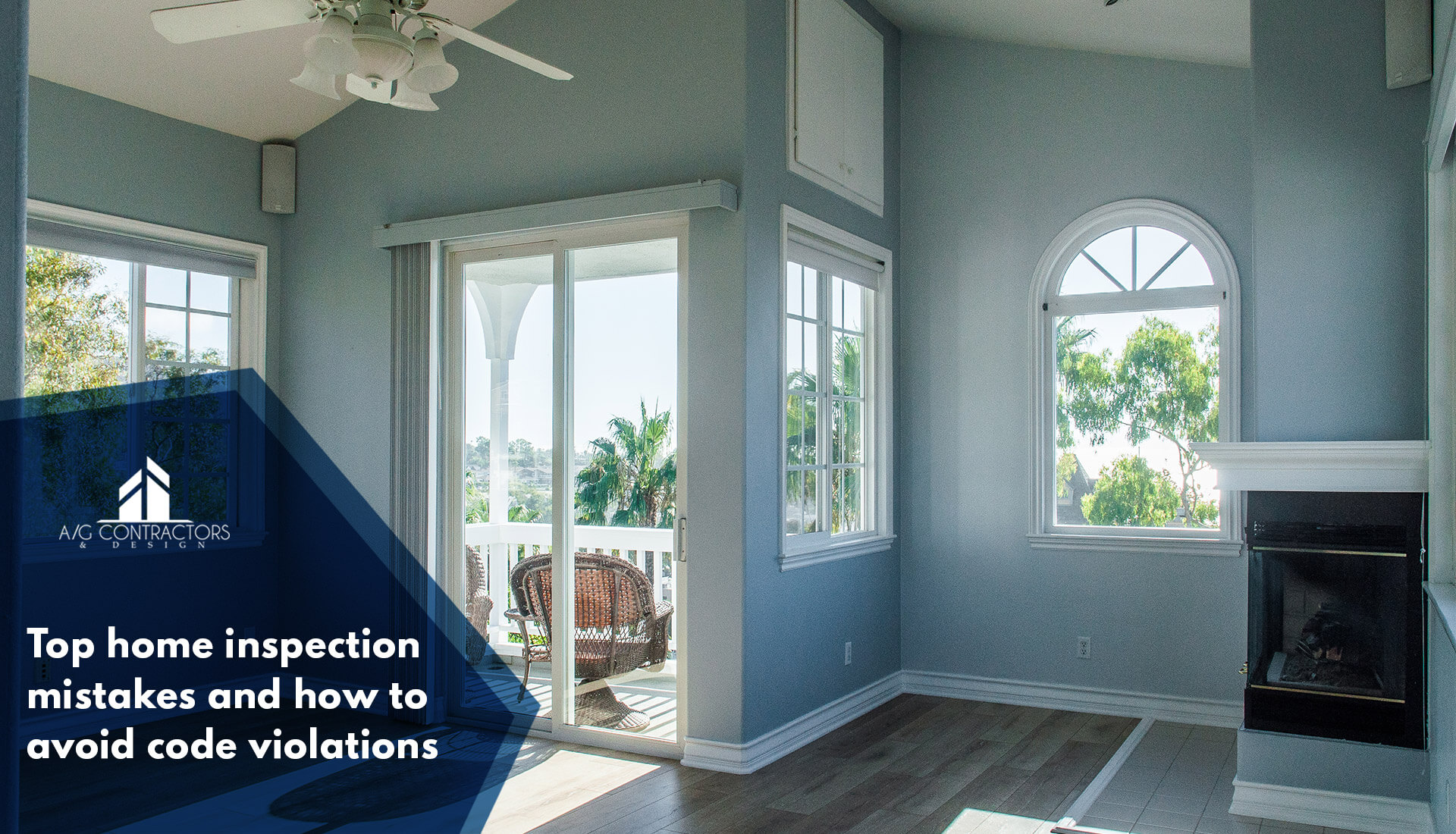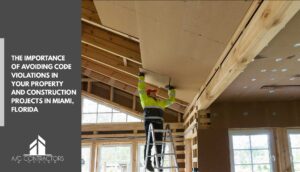No one ever thinks about getting a home inspection until it’s too late. And even then, most people only think about the big things – like whether the roof is leaking or the foundation is cracked. But did you know that there are all sorts of code violations that can go undetected without a proper inspection? The local government has some building codes that a home inspector should be familiar with for a more thorough inspection. A building code violation is a major mistake in-home inspection and one that is all too common, but it could mean the difference between buying a dream home or buying a nightmare. In this blog post, we’ll discuss some of the top home inspection mistakes and how to avoid them. Keep reading to learn more!
Not understanding what’s included in a home inspection
When hiring an inspector, it’s important to know what you’re getting for your money. Procedures that are included in the inspection will include:
- A visual check of all accessible components on the property for evidence of problems within the structure and mechanical systems.
- An assessment of all visible equipment is necessary to evaluate operating conditions or performance.
- Obtaining information on the condition of visible systems/components or other conditions for which access is gained during the inspection.
Many inspectors will offer additional services above and beyond this for an extra cost. The following are not typically included in the inspection fee, but might be offered at an additional cost:
- Windows
- Structure
- Exterior
- Roofing system
- Heating/cooling systems
- Interior items such as molding, cabinets
Ignoring your home inspectors report
It’s shocking to find out how many people have read their home inspection reports and still bought the house. It might sound silly, but the inspection is sometimes treated as a formality – something that they have to do before closing on the sale. If you are really serious about buying this house, you need to take your inspector’s findings seriously.
Common housing code violations are usually easy to correct, but sometimes costly. Even if you’re not required to fix things by law, it is often the right thing to do. For example, if your inspector finds an infestation of termites in a home you’re looking at buying and you tell the seller that they aren’t going to pay for anything – how happy do you think you’ll be when your new dream home is sinking into the ground?
Not understanding the existing code enforcement
Building code compliance is a complex task for municipalities. It is a continuous improvement program that involves not only building department staff but also private and public inspectors, plans examiners, contractors, developers, architects, and engineers. Your municipal government may have a variety of contractors at their disposal to inspect different components of your home.
Home inspection code violations
If you are looking at a home that has been inspected recently, it is worth your time to look at the inspection report. Common problems with many inspectors include:
- The procedure is not complete – some inspectors will simply look through the house and make notes on what they see. If the roof is missing tiles, they’ll note it without actually inspecting it.
- The procedure is not uniform – one inspector might measure the foundation walls and another will look at them.
- Not all necessary items are included in the report – cracks in the foundation may not be noted if they’re deemed unimportant, but cracks could indicate serious underlying problems that need to be corrected.
As a property owner, you need to make sure you are aware of these issues and how they may affect you.
Make sure you are aware of your local building codes
Your inspector needs to know the building codes in your local area. If you own a home on leased land, this can become complicated. You might need your freeholder’s permission before altering anything on the property and there may be regulations that limit what types of renovations you can do.
Even if everything is up to code, it doesn’t mean the property is safe. Older properties might have smaller windows or wiring that was not designed to handle modern appliances. Make sure you are aware of code requirements but don’t just assume that something is up to code makes it safe – the inspector’s role is to tell you if anything about the house could put your family at risk.
Failing to get permits for renovations
A building inspector can make sure you are getting needed municipal approvals, permits, inspections, and work permits in the construction of your home. Sometimes they will be able to tell you if a renovation is not allowed or may require special action on your part.
If renovations are done without proper permits, the municipality is responsible for making sure it’s safe and legal. Building code violations can cost you if the inspector has to come out and force you to fix them.
International residential code
Home inspectors are required to be familiar with local building codes, however, this is not enough nowadays. As homes become more complex and the construction methods used around the world change, it becomes necessary for inspectors to have training in an international code of practice.
The International Residential Code (IRC) has been adopted by many municipalities as the standard for inspections. Many inspectors find this code helpful as it outlines important safety features that can be applied across residential homes. This helps keep all inspections the same, making sure that any problems are identified quickly and corrected.
Failing to fix problems identified in the report
If you get a home inspection report and there are problems, make sure you deal with them. Otherwise, it’s a matter of time before they will affect the value of your property or put your family in danger. A code violation is a problem, not a bargaining chip.
If you need help with any of these issues, contact AG contractors and Design. We would be happy to help you with any questions or problems that you might have. Years of experience give our team the ability to assist you with all your building needs.








